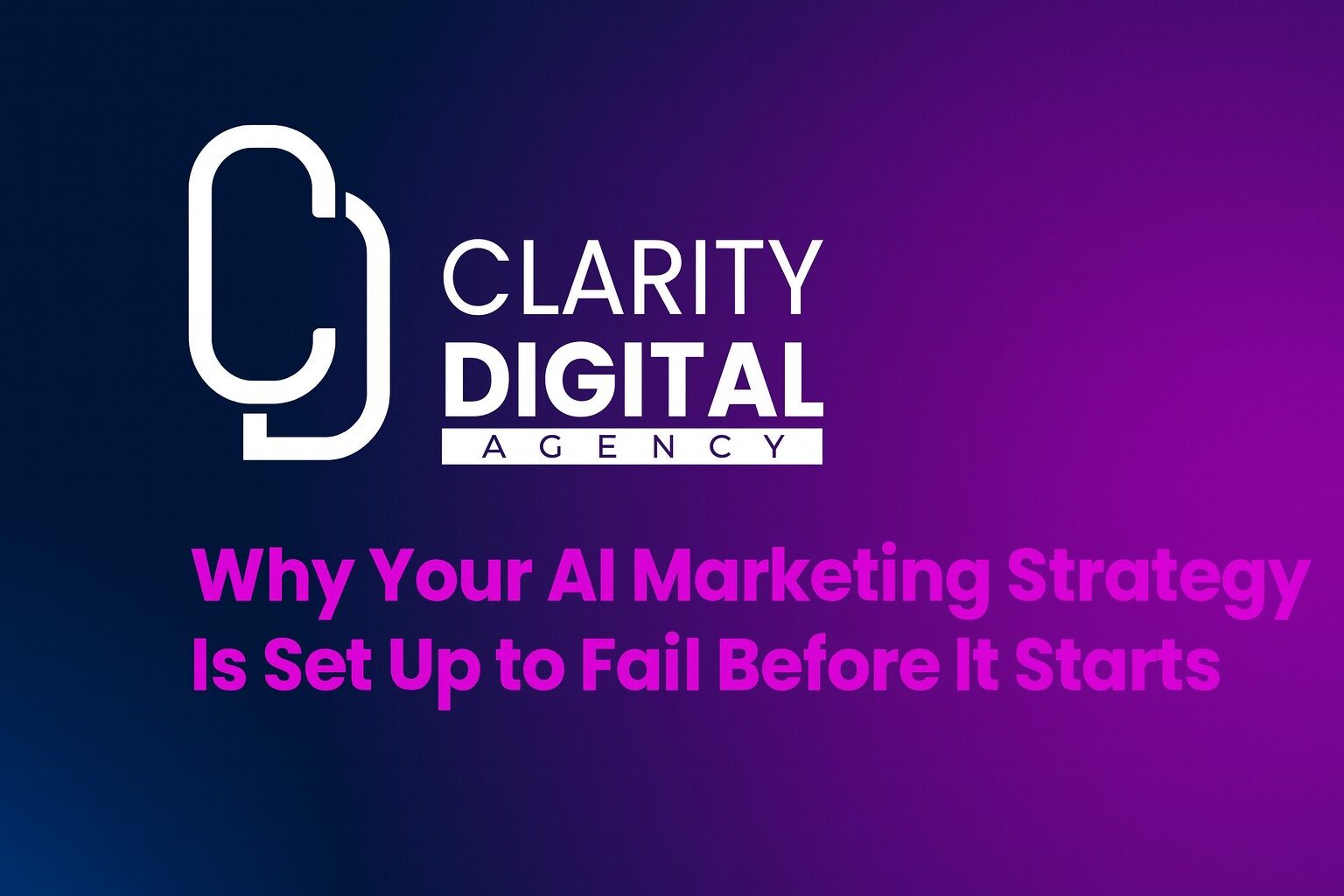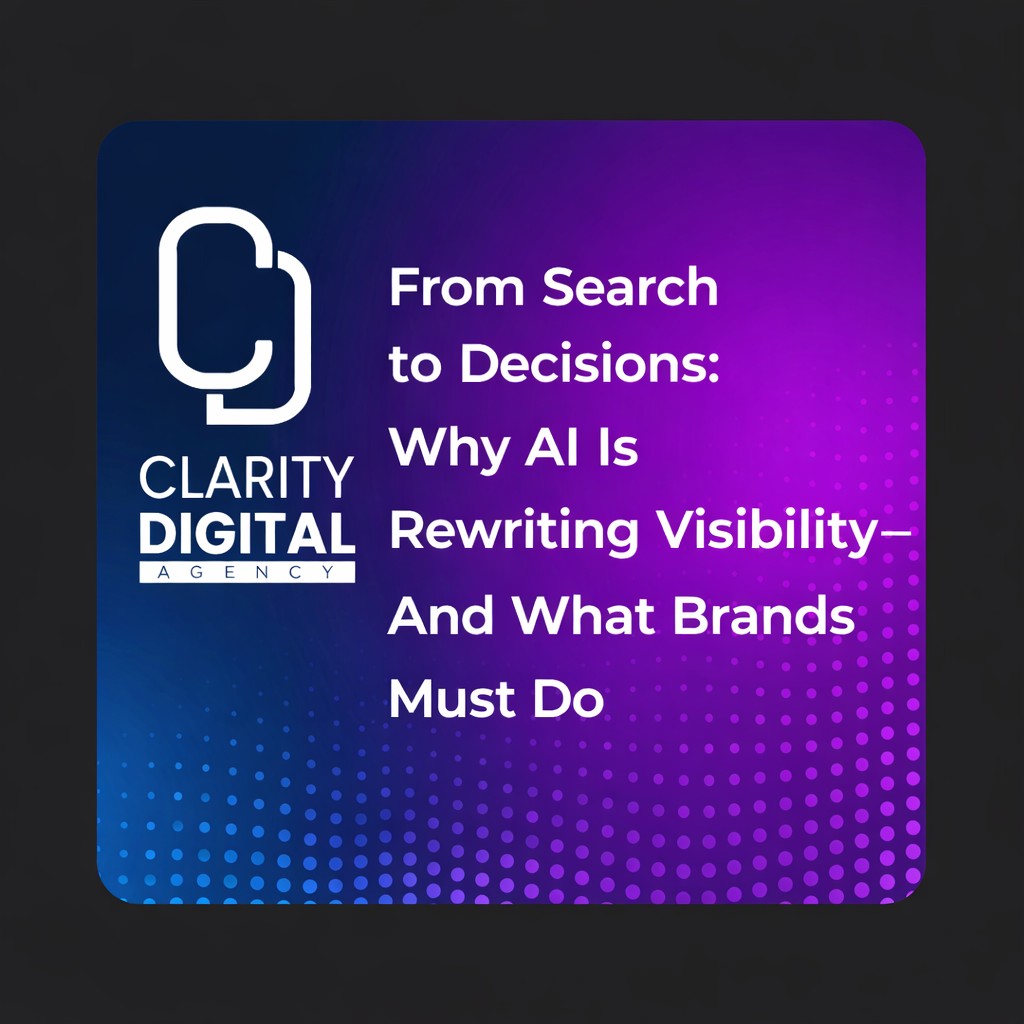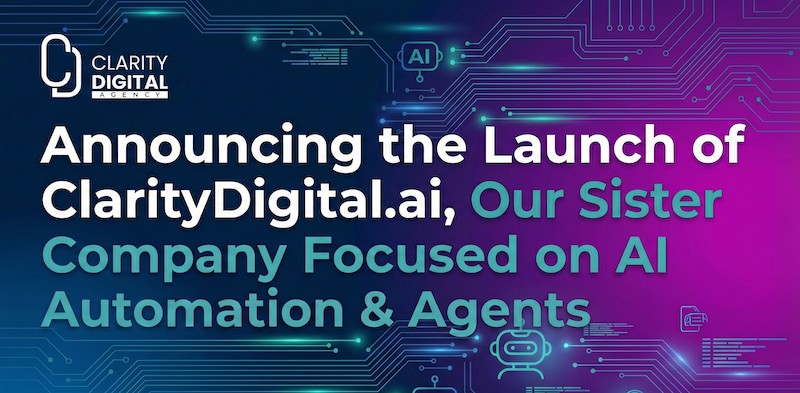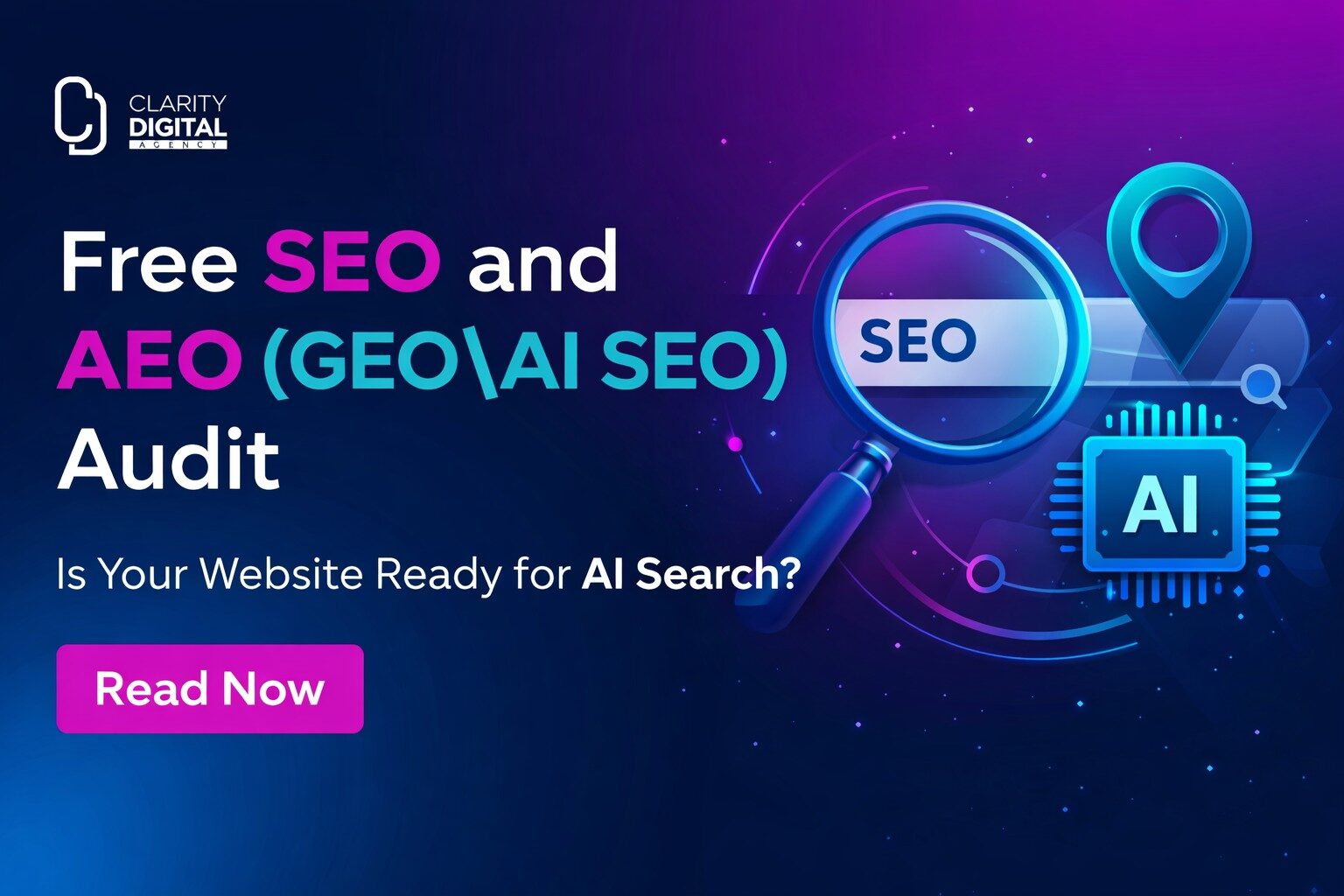Artificial intelligence (AI) is no longer a distant trend in marketing. It is already reshaping how brands connect with consumers. From predictive analytics to AI-generated content, code and marketing automations, companies are investing heavily in AI-driven marketing strategies and platforms. But here is the issue: nearly 70% of AI marketing initiatives fail to meet their ROI expectations within the first year.
The problem is not the technology. The real issue is the lack of foundational AI-readiness.
The $50 Billion Oversight in AI Marketing
With AI marketing projected to become a $78.8 billion industry by 2030, the excitement is justified. The market is growing at a 26.3% CAGR, and businesses are pouring capital into machine learning, automation, and smart analytics tools. But most organizations are focusing on the shiny tools without preparing the systems those tools depend on.
Imagine constructing a skyscraper without solid ground underneath. No matter how sophisticated the architecture, collapse is inevitable. The same applies to AI marketing. Without a strong foundation in place, even the most advanced AI platforms will underperform or fail.
The reality is that companies are rushing to buy technology before ensuring they have the data quality, technical infrastructure, team expertise, and governance required to make AI work.
Six Core Foundations That Predict AI Marketing Success
Our analysis of AI marketing deployments across Fortune 500 companies and high-growth startups uncovered a clear pattern. Successful initiatives share six key foundations. Companies that get these right report 3.2 times higher ROI from their AI marketing investments.
1. A Strong Data Foundation
AI systems are only as smart as the data they are fed. Most organizations still operate with fragmented data, stored across a dozen or more platforms. The result is duplicate records, inconsistent formats, and major quality issues.
Before launching any AI tool, you need clean, centralized data from the past 12 to 24 months. That includes behavioral data, transactional history, engagement patterns, and demographic insights. All of it should be standardized and accessible in real time.
Companies with mature data ecosystems see 5 times better outcomes because their AI engines are learning from complete, accurate datasets.
What success looks like:
- Unified customer profiles
- Real-time data sync across systems
- Over 90% data accuracy scores
- At least 24 months of historical data
- Automated data validation and cleansing
2. Scalable Technical Infrastructure
AI workloads are far more demanding than traditional marketing automation. From complex model training to real-time personalization, these tools require serious backend support.
Legacy infrastructure is often not up to the task. Many marketing teams underestimate what is required in terms of system integration, cloud capabilities, and API frameworks.
Organizations that perform best in AI marketing tend to invest in cloud-native infrastructure optimized for high-volume data processing and machine learning.
What to prioritize:
- Cloud-first architecture with AI optimization
- Robust API connectivity across platforms
- Real-time processing capabilities
- Scalable computing resources
- Security frameworks tailored for AI and data sensitivity
3. AI-Literate Marketing Teams
AI does not replace marketers—it augments them. But to unlock that value, teams need new capabilities. AI marketing requires fluency in data interpretation, comfort with algorithmic outputs, and a strategic mindset about automation.
It is not about turning marketers into data scientists. It is about giving them the confidence and training to use AI insights for smarter decisions.
Companies that invest in team training report 40% faster AI adoption and significantly stronger performance.
Where to focus:
- Hands-on training with AI marketing tools
- Data literacy and analytics interpretation
- Collaboration between marketing and data teams
- Strategic planning for AI implementation
- Change management for AI integration
4. A Clear Strategic Plan
Too many companies jump into AI without a roadmap. Excitement leads to tech purchases, rushed deployments, and underwhelming results.
AI success starts with defining specific use cases, outlining ROI expectations, and creating an implementation timeline. You need to know what problem the AI will solve and how you will measure progress.
Top-performing companies treat AI marketing as a transformation initiative, not just another martech upgrade.
Elements of a strong strategy:
- Defined use cases aligned with business goals
- Forecasted ROI and success metrics
- Market and competitor analysis
- Phased implementation roadmap
- Risk mitigation plans
5. Governance and Compliance Readiness
AI marketing often involves collecting and processing sensitive customer data. This creates regulatory exposure. From GDPR and CCPA to AI-specific policies under development, the legal landscape is evolving fast.
Failing to build governance into your AI strategy is a costly mistake. Ethical considerations, privacy policies, and transparency standards should be in place before tools go live.
Organizations with strong governance avoid regulatory setbacks and build greater trust with customers.
Best practices include:
- Clear AI ethics policies
- Privacy impact assessments
- Real-time compliance monitoring
- Transparent decision-making protocols
- Data retention and deletion standards
6. Robust Measurement and Optimization
AI complicates attribution. When personalization and predictions drive outcomes across multiple channels, it becomes harder to know what’s working.
You need more than basic analytics. Mature AI marketing teams build custom measurement frameworks that track incremental lift, isolate AI influence, and demonstrate ROI clearly to leadership.
Without this, marketing efforts risk becoming a black box with unclear impact.
What measurement should include:
- Attribution models specific to AI-driven actions
- Incrementality testing across touchpoints
- Dashboards with real-time KPIs
- ROI tracking tied to specific tools
- Optimization loops based on AI performance
What Happens When You Skip the Foundation
Skipping AI readiness leads to unnecessary costs and delays. Research shows that companies without foundational AI marketing readiness experience:
- 67% higher implementation costs
- 89% longer time to value
- 54% lower ROI in the first 18 months
- Triple the rate of project failure
In contrast, companies that invest in foundational readiness accelerate time to value, reduce deployment headaches, and get much better returns on their AI investments.
Your Next Move: Assess AI Marketing Readiness Before You Deploy
The gap between AI marketing promise and performance almost always comes down to preparation. Before buying the next AI tool, forward-thinking companies assess their readiness across all six foundational pillars.
A comprehensive readiness audit identifies gaps, helps prioritize upgrades, and sets realistic expectations for ROI. It also ensures your AI efforts are future-proofed as technology and regulations continue to evolve.
Success in AI marketing does not come from having the most advanced platform. It comes from having the operational strength, data maturity, and strategic clarity to put that platform to work.
AI marketing will continue to transform industries. The question is not if—but whether your organization will be ready when it matters most.
Is your organization prepared to unlock the full value of AI in marketing?
Start with our quick AI marketing readiness assessment. It’s completely free and no sign ups required with only 10 questions. Then get a personalized score, a high-level feedback across each foundational area. Then if needed, contact us to dive deeper, to provide a complete audit, strategy and roadmap.
Let’s make sure your strategy doesn’t fail before it starts.





